 |
 |
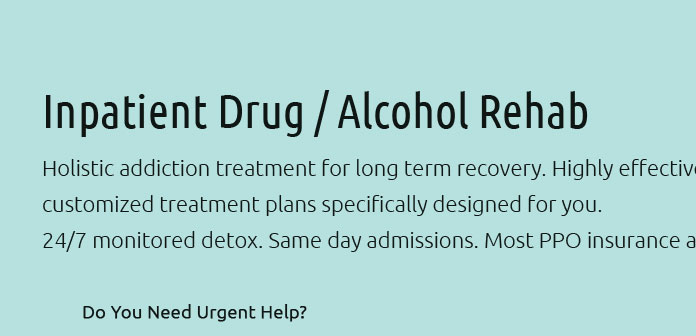 |
 |
 |
 |
||
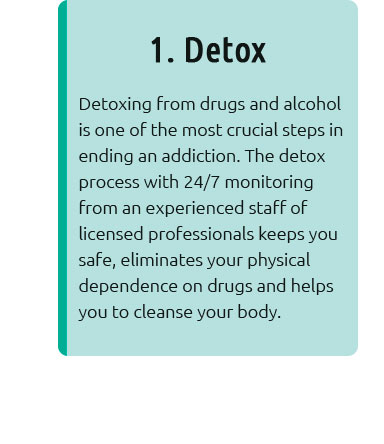 |
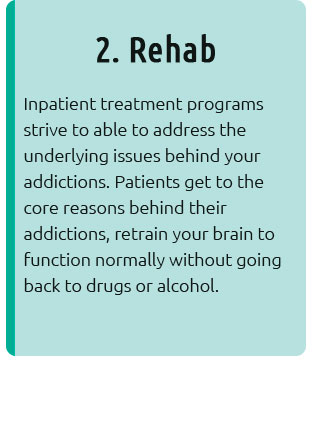 |
 |
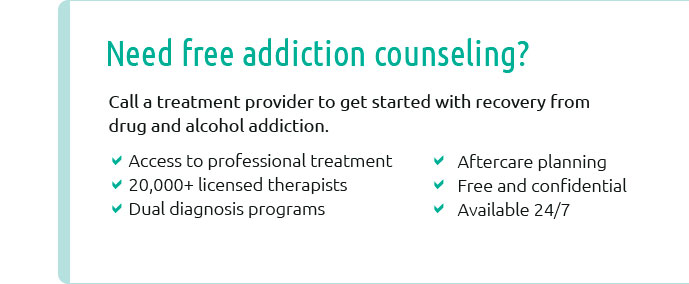 |
 |
 |
 |
||
 |
||
 |
||
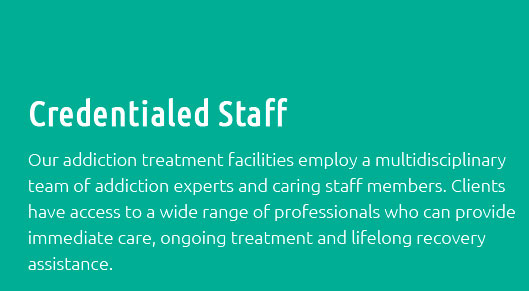 |
 |
 |
|
 |
|
|
Welcome to a transformative journey at our alcohol inpatient treatment centers, where recovery is not just a possibility but a promise; here, we redefine healing with a personalized, immersive approach that empowers you to break free from the shackles of addiction, surrounded by a compassionate team dedicated to your success-because you deserve more than just treatment, you deserve a new beginning filled with hope, strength, and clarity.
https://www.beachesrecovery.com/
At Beaches Recovery men's and women's addiction treatment center in Jacksonville, FL, our drug rehab programs fight addiction head on. Call 866.274.9281. https://www.steppingstonecenter.com/
Stepping Stone Center for Recovery provides drug and alcohol rehab in Jacksonville FL. Our experts help with safe detox and treatment. https://www.addictions.com/rehabs/florida/jacksonville/
Find the best addiction treatment centers in Jacksonville FL. Search by inpatient, outpatient, insurance, and payment options to find ...
|